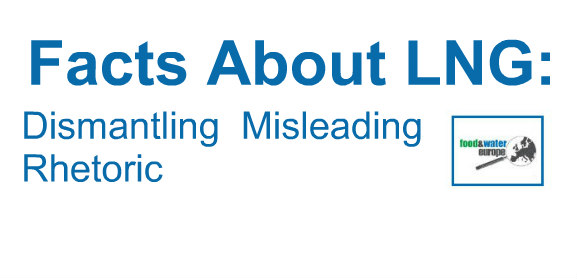Ineos plans to build new plant to handle more fracked gas shipped across the Atlantic
Brussels: – 14 June, 2017 — The Financial Times reports that European energy giant INEOS announced plans to build a new petrochemical plant that uses fracked gas from the United States as a feedstock for producing propylene, a raw material used in making plastics. The company relies on its new fleet of “dragon ships” to act as a virtual pipeline, shipping gas liquids across the Atlantic Ocean.
In response, Food & Water Europe executive director Wenonah Hauter issued the following statement:
“Fracking has already done terrible damage to the air and water across Ohio and Pennsylvania. Now, the suffering in these front-line communities will increase, all to serve the corporate profits of the plastics industry. This means more drilling, more pipelines, and more pollution—all to serve the interests of a massive petrochemical corporation, owned by a billionaire.
“The Ineos business model of shipping fracking gas liquids across the ocean does damage on both sides of the Atlantic. Communities in Ohio and Pennsylvania suffer the effects of fracking, while those living near the petrochemical facilities are forced to live with air pollution and the plastic litter polluting local coasts. The petrochemical plants emit massive amounts of air and climate pollutants, and Scottish environmental regulators have repeatedly cited Ineos for violating emissions standards.
“To protect the safety of communities in the United States and Europe, and to prevent the worst impacts of fossil fuel-linked climate chaos, political leaders must listen to the grassroots activists who are calling for an end to fracking everywhere.”
Contact: Andy Gheorghiu, Food & Water Europe, Fracking Policy Advisor, Food & Water Europe, +49 (0) 5631 50 69 507 (land), +49 (0) 160 20 30 974 (mobile), agheorghiu(at)fweurope.org



